Since its inception in the latter half of the 1980s, sustainable development has become a global issue of importance, with three pillars outlined by international organizations and nations worldwide: economic development, social equity, and environmental balance. However, from the beginning of the 21st century onwards, the world continues to face challenges in creativity, awareness, aesthetics, preserving cultural values, and protecting cultural heritage. Therefore, UNESCO has proposed considering culture as the fourth pillar of sustainable development, because culture is an important endogenous source of development, closely linked to all aspects of social life and activity.
With that in mind, the "Culture in Sustainable Development" conference was organized to create a forum for exchanging ideas on theoretical and practical issues of culture in relation to sustainable development. Specifically, the conference focused on clarifying the following contents: Updated theoretical issues, models, and practices on sustainable development with culture as a pillar; theories, policies, and laws of the Party and State on culture and sustainable development; and issues of sustainable development approached from a cultural perspective in various dimensions: history, architecture, festivals, heritage, community, etc.
In his opening remarks, Professor Hoang Anh Tuan (Rector of the University of Social Sciences and Humanities) expressed his hope that the presentations at the conference would provide updated scientific insights into the development of culture and sustainable development in the current period. The conference also serves as an opportunity for the university to train and develop a team of teaching and research staff for the development of Cultural Studies, a newly established and implemented field of study in recent years.
Following the opening ceremony, the workshop proceeded with a plenary session and a sub-sessional session focusing on two themes: Cultural Heritage in Sustainable Development; and Traditional and Contemporary Culture in Sustainable Development.
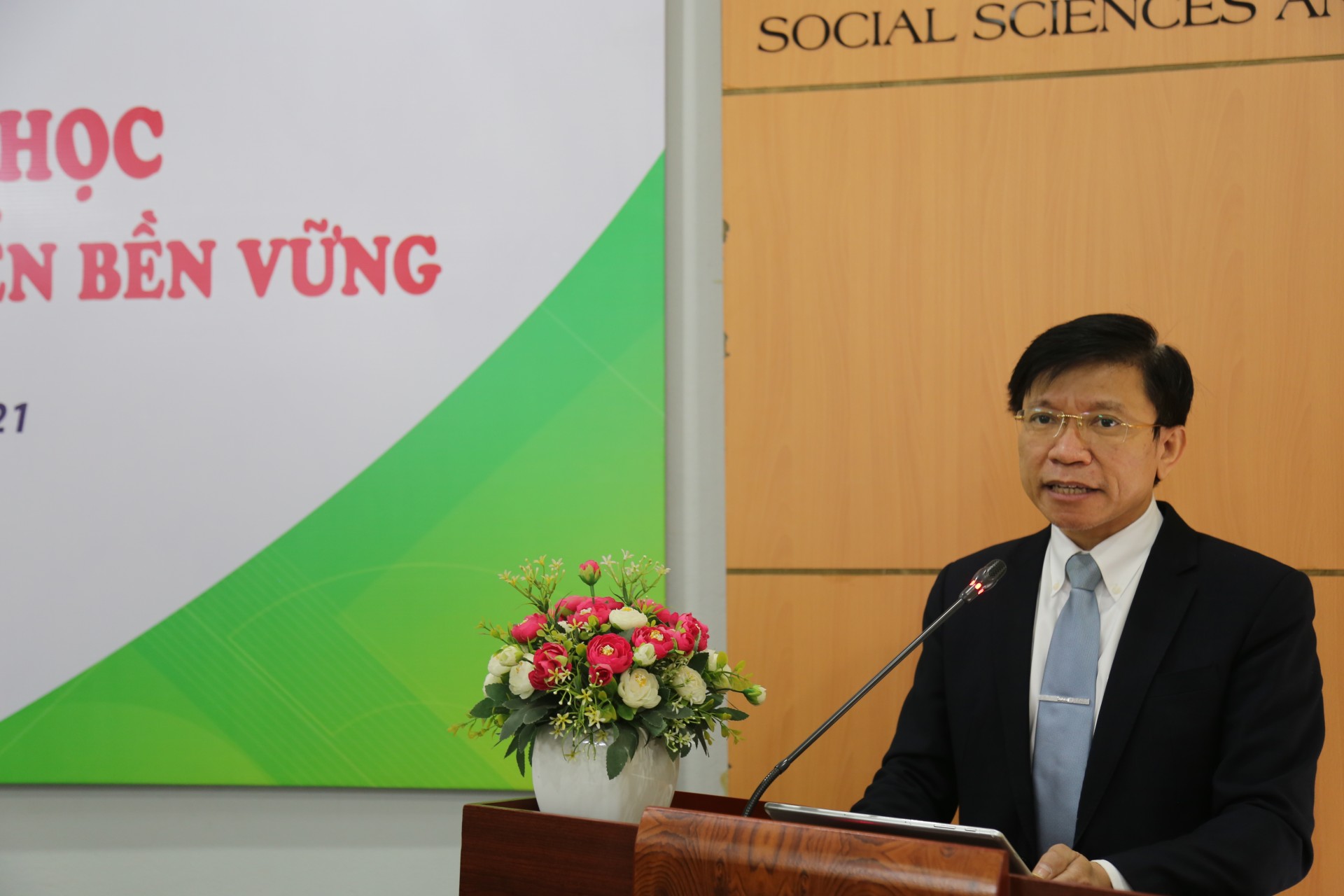
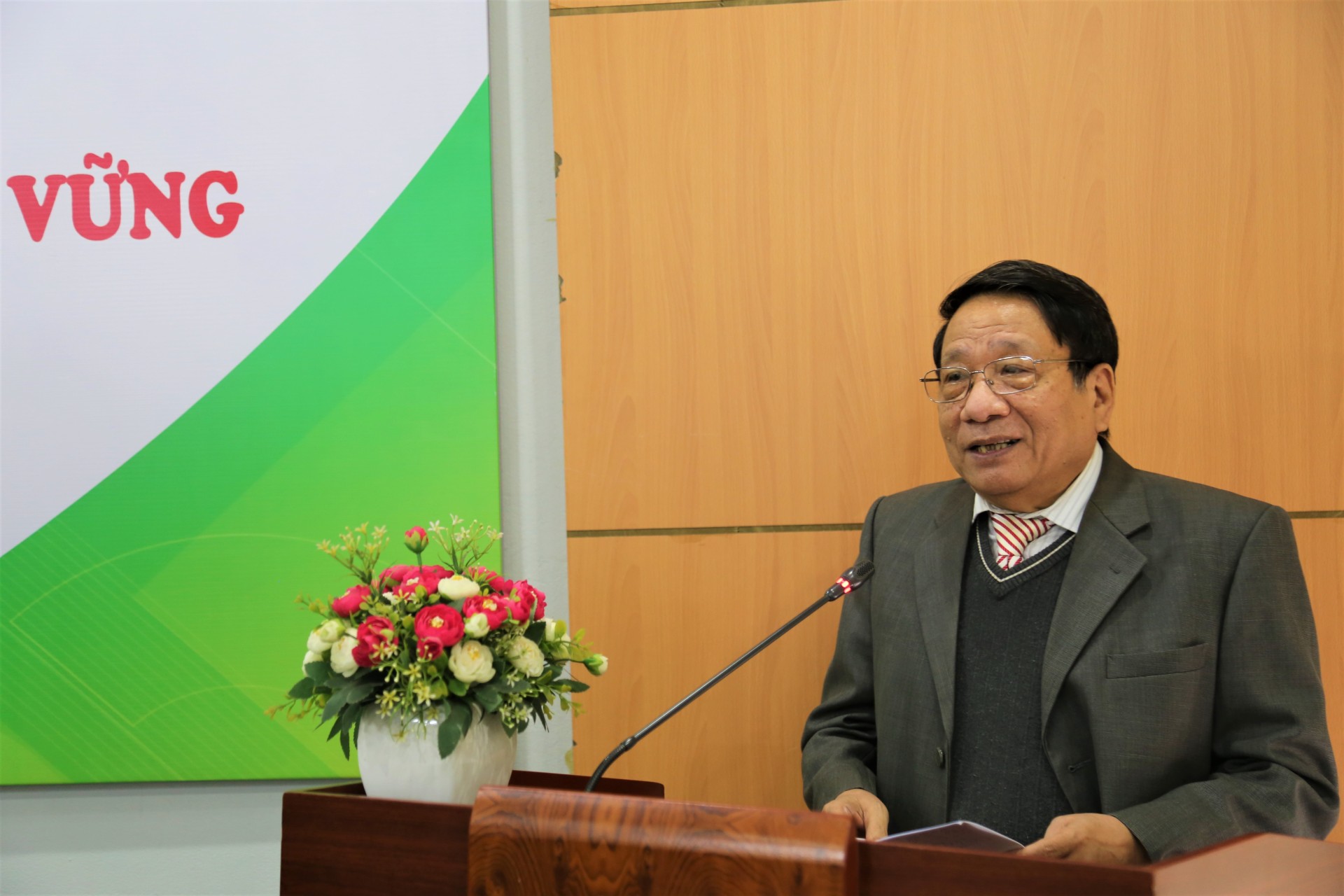
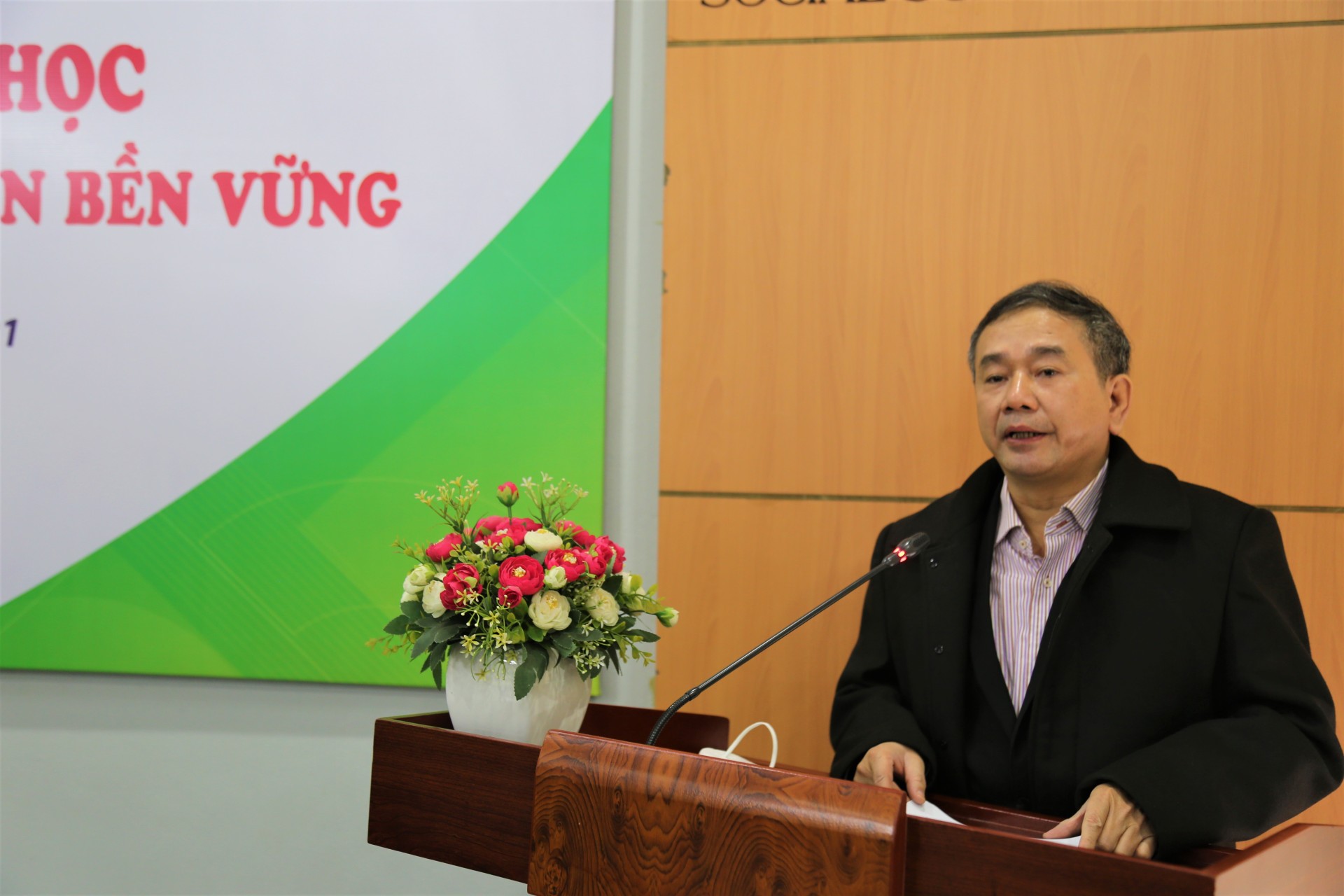
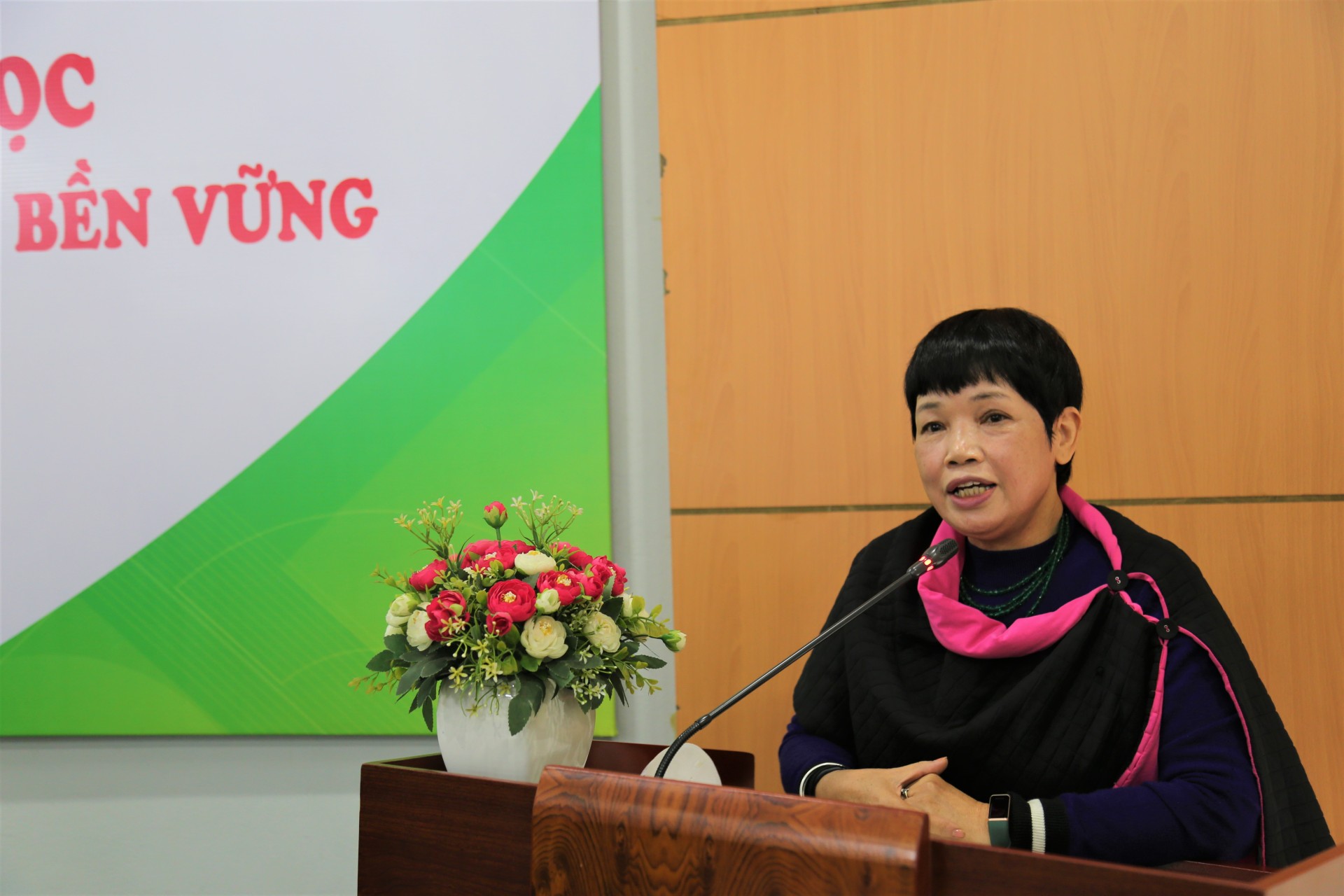
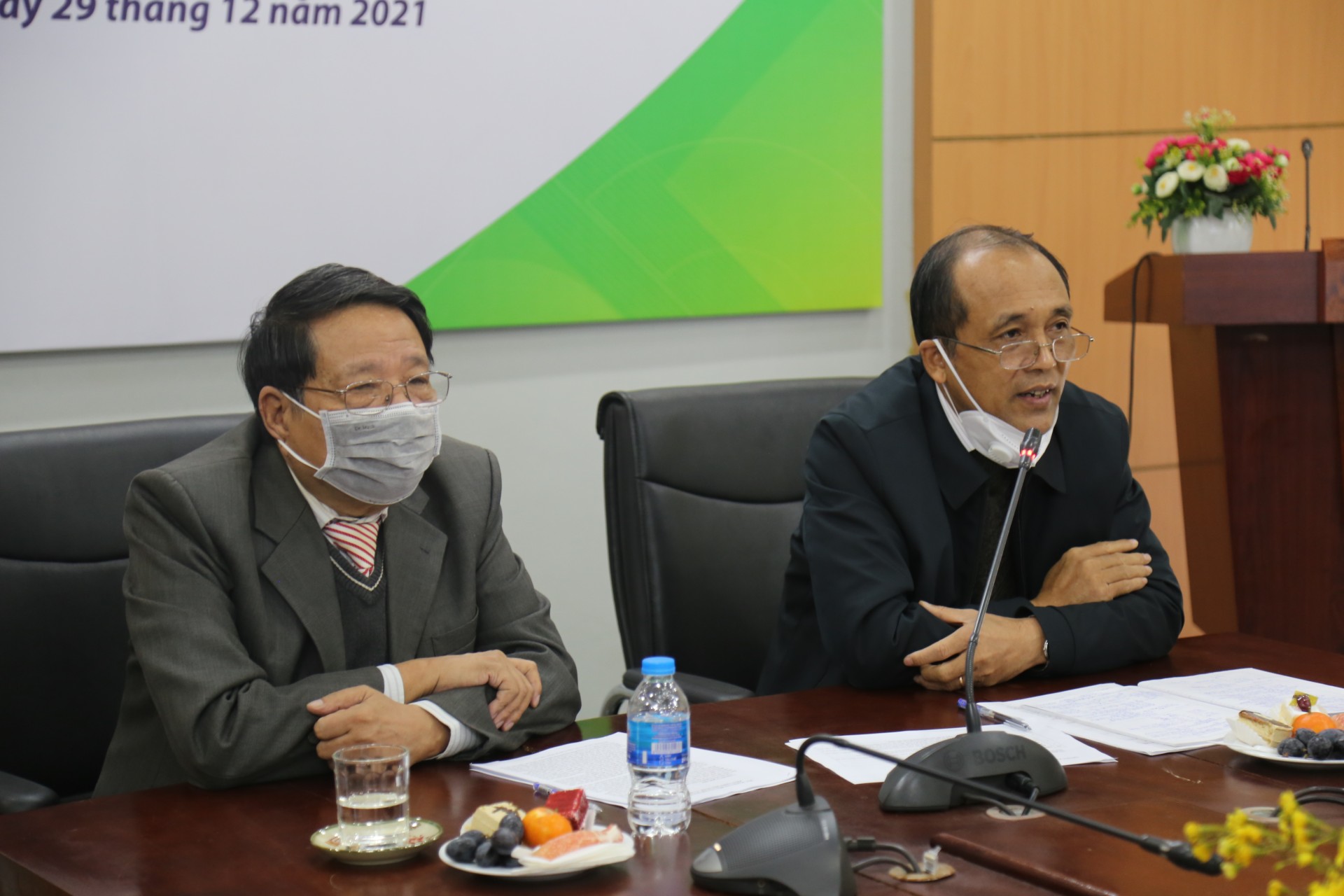
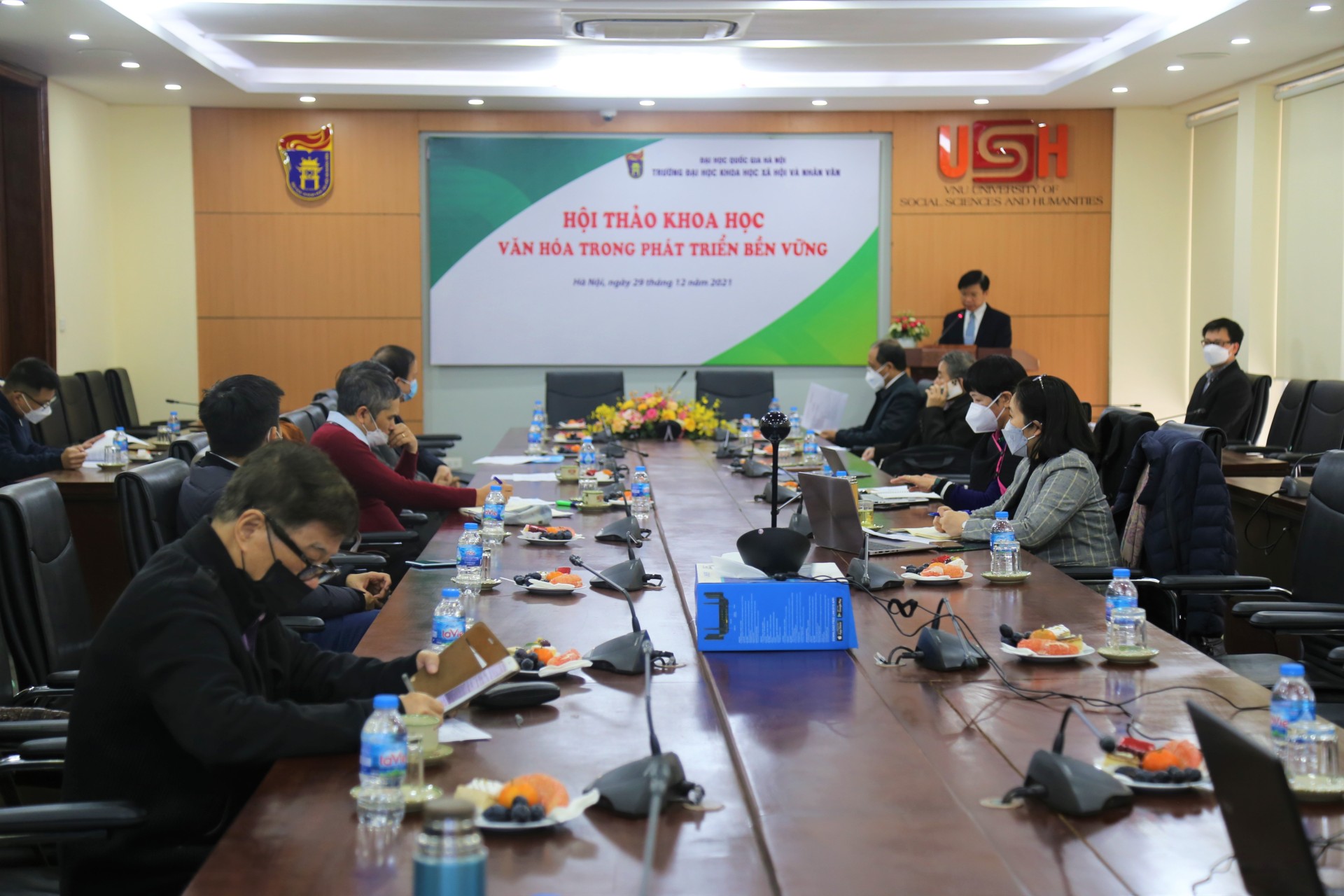
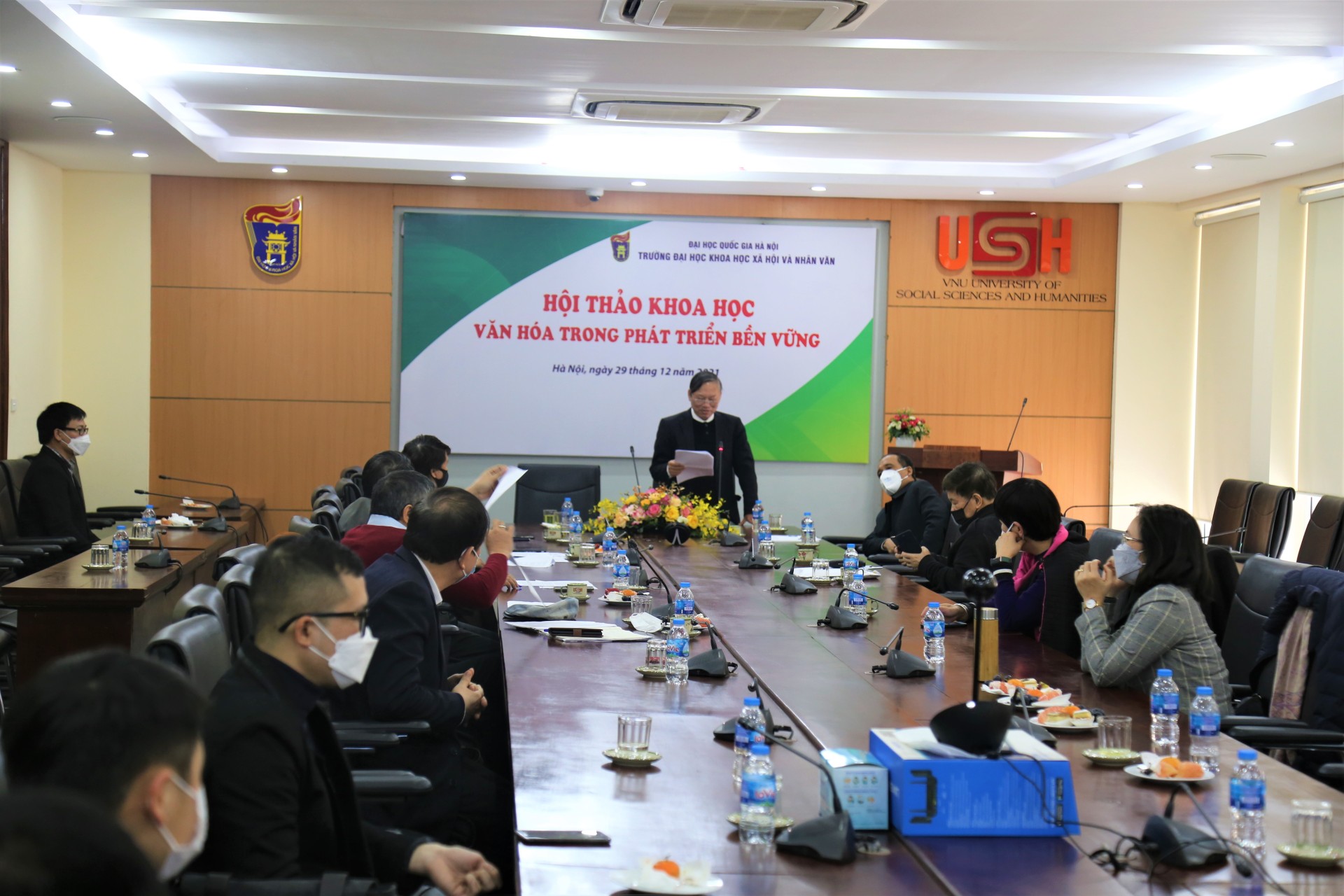
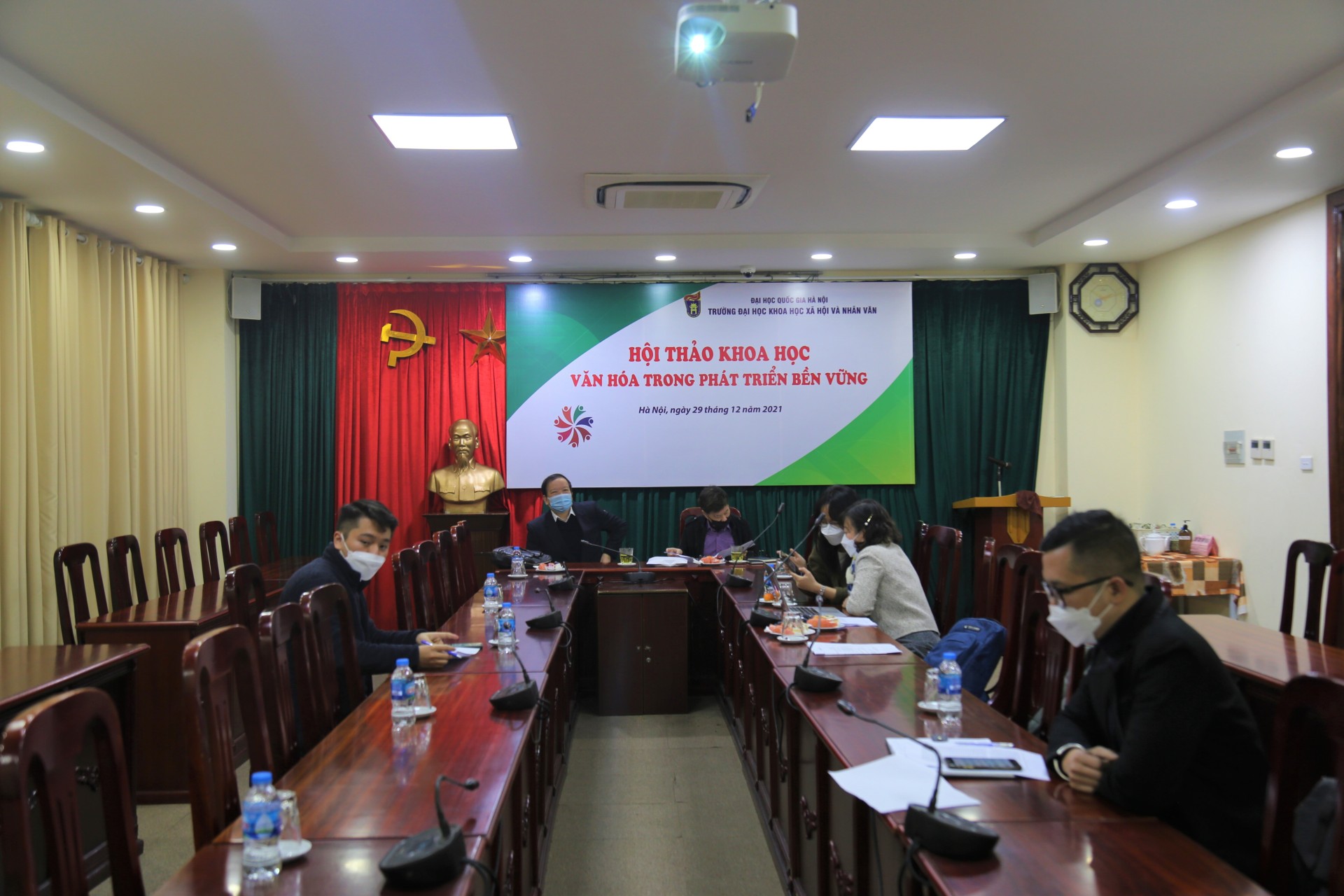
Author:Tran Minh
Newer news
Older news